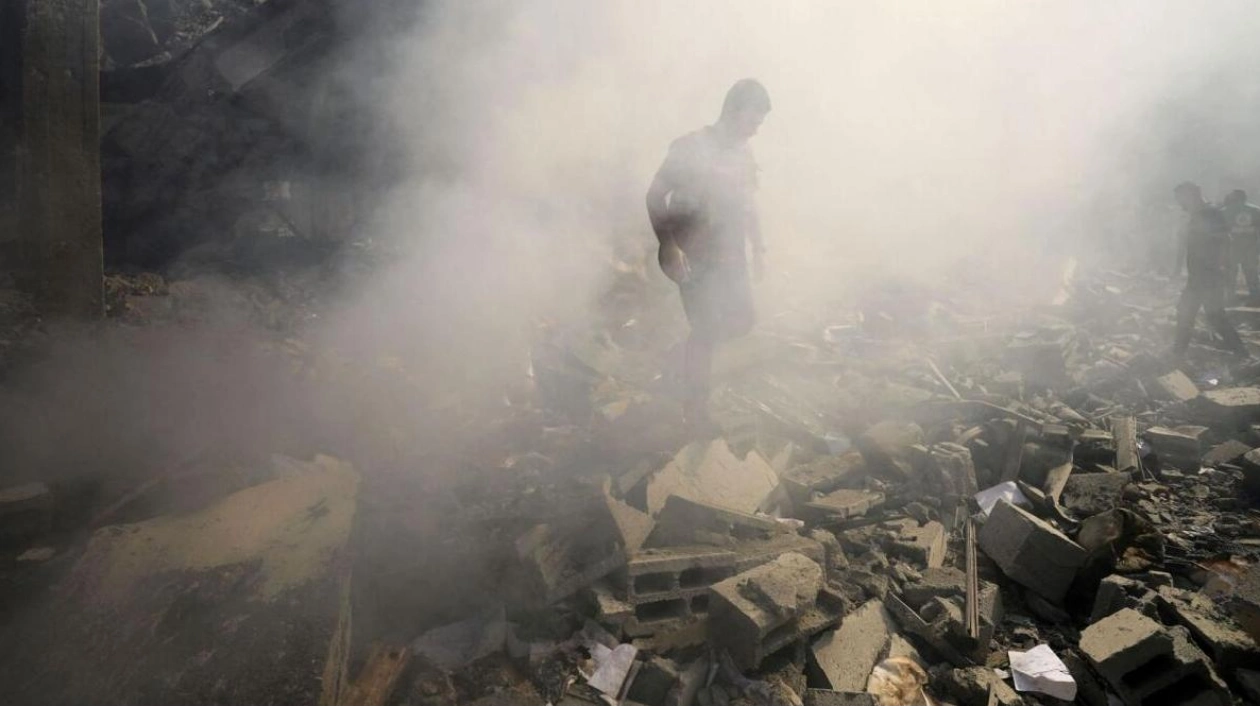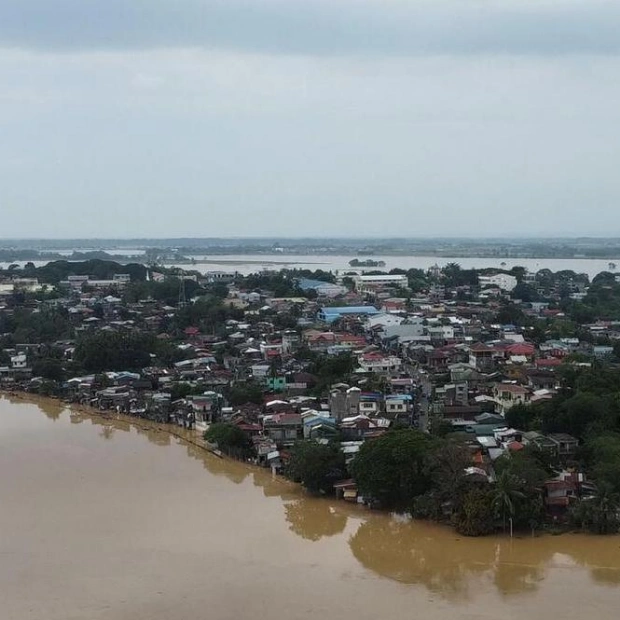The United States announced on Tuesday that it was ready to "finalize" an agreement between Israel and Hamas to conclude the conflict in Gaza, following Israeli Prime Minister Benjamin Netanyahu's resistance to external pressure. US State Department spokesperson Matthew Miller stated that Washington would collaborate with Egypt and Qatar, fellow mediators, "in the coming days" to facilitate a definitive agreement. This announcement came after Netanyahu dismissed making "concessions" during indirect talks with Hamas, despite mounting domestic and international pressure, particularly after the recovery of six deceased hostages by Israel's military from the war-torn Palestinian territory.
On the same day, the United States unveiled a series of charges labeled as "terrorism" against six Hamas leaders, linked to the group's October 7 attack on Israel that ignited the Gaza conflict. The charges in February targeted Hamas leaders Yahya Sinwar and Ismail Haniyeh, who were involved in ceasefire negotiations at the time of their deaths, attributed to an Israeli attack in July. UN human rights chief Volker Turk urged for an "independent, impartial, and transparent investigation" into allegations that the six recovered captives were executed summarily.
Despite escalating grief and anger among Israelis, who have taken to the streets to demand government action and express concern for the hostages' fate, Netanyahu declared he would "not yield to pressure". A protester in Tel Aviv, Jonathan Edan, criticized the Israeli prime minister for undermining efforts to secure a deal with Hamas to return the hostages alive, stating that Netanyahu's only concern was the survival of his political career and coalition.
Netanyahu stated on Monday that achieving the war's objectives necessitated control over the Philadelphi Corridor along the Gaza-Egypt border to prevent Hamas from rearming. Egypt denied allegations that its border was being used to arm Hamas, accusing Netanyahu of attempting to divert public opinion in Israel and hinder a ceasefire agreement. Saudi Arabia supported Cairo and strongly condemned the Israeli statements regarding the Philadelphi Corridor.
US President Joe Biden, during a meeting with negotiators, responded "no" when asked if he believed Netanyahu was doing enough to secure a hostage deal. Hamas has consistently demanded a complete Israeli withdrawal from Gaza, and Egyptian officials have opposed an Israeli military presence on the border. Analyst Mairav Zonszein commented that Netanyahu aims to occupy Gaza indefinitely, now stating it more openly.
Israel occupied the Gaza Strip in 1967 and maintained troops and settlers there until 2005, when it withdrew but imposed a crippling blockade and, since the start of the current war, a total siege. Britain increased pressure on Israel by announcing on Monday the suspension of some arms exports, citing a "clear risk" that they could be used in a serious violation of international humanitarian law.
In Gaza, a Hamas-run civil defense spokesman reported on Tuesday that an Israeli raid on a college resulted in two deaths and 30 injuries. Israel's military claimed it targeted "Hamas terrorists" at a Gaza City college. Additionally, air strikes and shelling were reported across southern and central Gaza. As Israeli forces continued their bombardment, the military announced on Wednesday the interception of a hostile UAV approaching from the east near the border with Jordan.
Israeli forces have killed at least 30 Palestinians in the northern West Bank since August 28, according to the territory's health ministry, while the Israeli military reported one soldier killed in "counter-terrorism" raids. The UN's humanitarian agency OCHA reported that Israeli forces denied its attempt to reach the community in Jenin on Tuesday. Palestinian medics were seen trying to pass Israeli troops to reach people trapped in Jenin refugee camp but had to turn back.
Israel's campaign against Hamas since October 7 has resulted in at least 40,819 deaths in Gaza, according to the territory's health ministry, with the UN rights office reporting that most of the victims are women and children. The Hamas attack on Israel led to the deaths of 1,205 people, mostly civilians, including hostages killed in captivity, based on an AFP tally using Israeli official figures. Of the 251 hostages taken by Palestinian militants, 97 remain in Gaza, including 33 reported dead by the Israeli military. Scores were released during a one-week truce in November, the only one so far.
Abu Obeida, spokesman for Hamas's armed wing, warned on Monday that remaining hostages would be returned "in coffins" if Israel maintains its military pressure on the territory. With Gaza in ruins and the majority of its 2.4 million residents displaced, often living in cramped and unsanitary conditions, disease has spread. Following the first confirmed polio case in 25 years, a vaccination campaign began on Sunday during localized "humanitarian pauses" in the fighting. More than 161,000 children in central Gaza have received their first vaccine dose, with the World Health Organisation aiming to fully vaccinate over 640,000 children.






